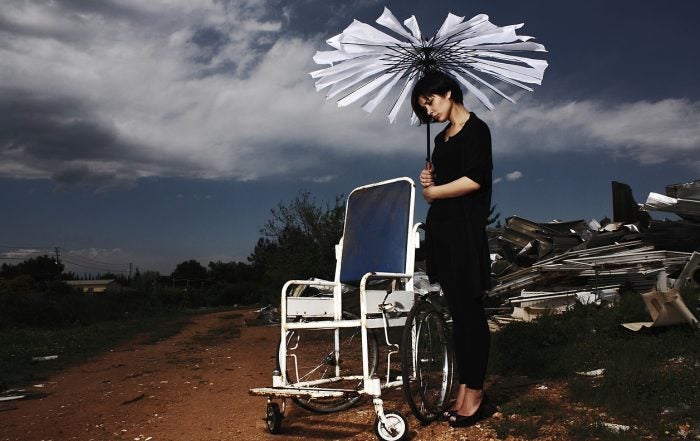How climate change will intensify infectious disease
By Shaina Eagle, Global Disease Biology ‘24 & Tammie Tam, Molecular and Medical Microbiology ‘22 Authors’ Note: We decided to partner on this paper after discovering a mutual passion for studying infectious diseases. As editors of a scientific journal and science students, we learn about the effects of climate change on our world regularly. It […]
Phonological Assistance, Contextual Effects, and Generalizability in Bilingual Language Acquisition: A Review Study
By Jenny Geng, Psychology ’21 Author’s note: As a psychology major Class of 2021 alumni with a focus in developmental psychology, Jenny Geng has been probing into various research topics centered around bilingual language development. Her bicultural identity as a Mandarin-English bilingual has positioned her to speculate the interwoven relationship between sociocultural context and bilingual […]
Inconsistency in climate change education across K-12 grades
By Vishwanath Prathikanti, Anthropology ‘23 Author’s note: I, like many around the world, was alarmed when the Intergovernmental Panel on Climate Change released its sixth assessment report in August 2021 and delivered news of rapid and intensifying climate change. As an undergraduate with a research focus on science education, I was almost equally alarmed to […]
The psychedelic renaissance: a review on microdosing, the routine use of low-dose psychedelics as a therapeutic
By Reshma Kolala Abstract Psychedelic drugs are far from what is considered to be conventional medicine. An infamous history of misuse has stigmatized psychedelics, making it difficult to garner support for its use as a potential therapeutic tool. However, among working adults, taking low doses of psychedelics has recently gained popularity in its ability […]
The Role of Microglia in the Two Hallmarks of Alzheimer’s Pathology
By Nathifa Nasim, Neurobiology, Physiology, and Behavior ‘22 Author’s note: While in the Jin lab at the MIND Institute, I was introduced to the intersection between inflammation and neurodegeneration, specifically in the context of Alzheimer’s disease. My interest in this relationship has primarily been in manipulating inflammatory pathways to investigate the effects on the disease. However, […]
Effects of Aerobic Exercise Training on Longevity in Aging Adults
By Hastings Lorman, Human Development Author’s Note: This paper was written as a term paper for my HDE 117 class in which my professor, Dr. Carey, suggested that I submit this paper to the Aggie Transcript. Not only did I write this paper for my class, but I wrote it for myself as one of my […]
Clearing the Cellular Landfill: The Use of Chaperone-Mediated Autophagy to Treat Alzheimer’s Disease
By Reshma Kolala, Microbiology, ‘22 Author’s Note: Alzheimer’s disease is one of the most common neurodegenerative disorders, affecting nearly 1 in 9 individuals aged 65 or older. Available current therapies fail to address the underlying pathophysiology of the disorder, focusing on the amelioration of neuronal symptoms that result from Alzheimer’s disease. I was immediately intrigued […]
mRNA Vaccines: A Safe and Effective Technology
By Elexia Butler, Human Biology, ’23 Author’s Note: This article was written to reveal how the COVID-19 vaccines are produced and how they are a safe technology used to help reduce the number of sick individuals. Throughout the article, I will discuss the safety and efficacy of mRNA vaccines as well as the limitations that […]
Computational Strategies in the Treatment and Analysis of COVID-19
By Surya Vishnubhatt, Biomedical Engineering, ’22 Author’s Note: The devastating COVID-19 pandemic, having resulted in the death of millions of people worldwide, has spurred innovation in countless sectors of academia, namely in the field of bioinformatics and computational biology. By using computer science techniques, researchers have been able to rapidly identify treatments and further analyze […]
Current and Potential Therapeutic Options for ALS Individuals
By Anna Truong, Neurobiology, Physiology, and Behavior, ’22 Author’s Note: I wrote this piece of work for an assignment through my UWP 104F course, and felt very connected with it. I decided my topic to be about a disease known as ALS because my father was diagnosed when I was at a young age. At […]

